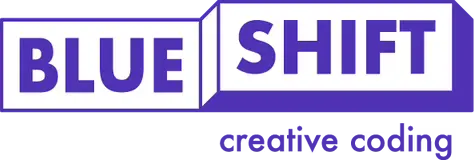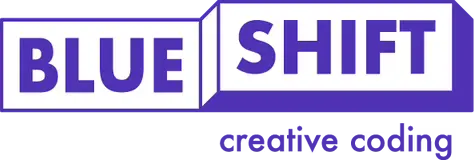The Modding Community That Found A Lost Coder In Hiding
A golden rule of learning to program is that it often does not matter where, when or how you learn the fundamentals, as every programmer has their own story of how they got into coding and designing for computer games.
People who are learning how to code through a Minecraft modding course today and are committed to their craft often continue to learn and either expand the games they already love or use that knowledge to create their own games, which has at times led to game company jobs.
However, in the case of possibly the earliest modding community in video game history, the modders helped encourage a troubled but very skilled programming icon to reemerge.
Matthew Smith was a young game maker during the days of the bedroom coder revolution, where teenagers would work on a game in their spare time and become stars as a result, especially if one of those games turned out to be Jet Set Willy.
Whilst a lot of the bedroom coder era has been lost to time outside of the retro game community, Jet Set Willy was one of the most famous British games of its era, was the best-selling game of 1984 and one of the greatest games of all time alongside its predecessor Manic Miner.
Unfortunately, Matthew Smith never received any of the success of these games and a combination of personal and professional difficulties led to him leaving video games entirely in 1988, at one point living in a commune in the Netherlands.
Such was the speculation that one of the most popular websites on the early internet simply asked where he had gone.
However, one quirk of Jet Set Willy and Manic Miner was that there was no compression of the level information and the game’s storage and underlying code was simple enough that people could easily make their own version of the game, inspiring a modding community a decade before Doom popularised the format.
At some point in the late 1990s, Mr Smith found out to his surprise that people were still talking about him and speculating about him, which led to a brief return to programming and an appearance in the documentary Thumb Candy in 2000.






